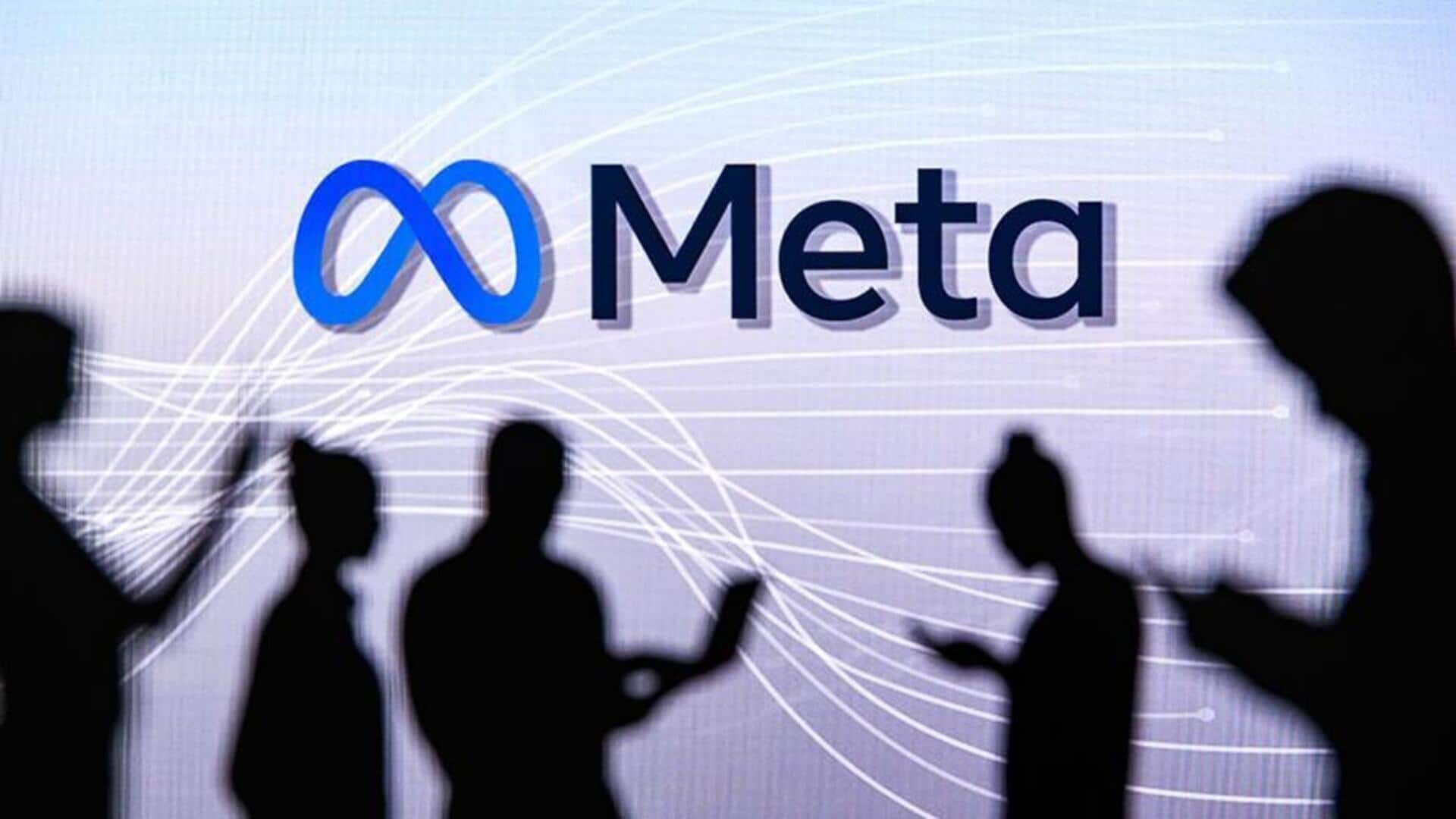
Meta is making billions by serving you scam ads
What's the story
Meta, the parent company of Facebook, Instagram, and WhatsApp, is raking in billions from ads promoting scams and illegal products. According to a Reuters report citing internal documents, the company could be earning as much as 10% of its annual revenue—around $16 billion in 2024—from these fraudulent ads. A December 2024 document reveals that Meta's platforms expose users to an estimated 15 billion "higher-risk" scam ads—those displaying clear signs of fraud—daily.
Fraudulent impact
Meta's platforms linked to a third of scams in US
The report further reveals that ads for "fraudulent e-commerce and investment schemes, illegal online casinos, and the sale of banned medical products" are rampant on Meta's platforms. In fact, researchers at the company have estimated that its apps were involved in a third of all successful scams in the US. This staggering statistic underscores the extent of the problem within Meta's advertising ecosystem.
Policy concerns
Repeat offenders often evade bans
The report also highlights how Meta has made it easier for repeat offenders to continue advertising. A "small advertiser" caught promoting financial fraud wouldn't be banned until they were flagged "at least eight times." What's even more concerning is that larger advertisers have been allowed to accumulate over 500 strikes without being banned from the platform. This leniency raises questions about Meta's commitment to maintaining a safe advertising environment on its platforms.
Financial implications
Executives concerned about impact on revenue
The report notes that just four ad campaigns removed by Meta this year accounted for $67 million in revenue. Internally, executives have struggled with how to rein in scam ads without hurting the company's bottom line. In February this year, they were reportedly told not to "take actions that could cost Meta more than 0.15% of the company's total revenue."
Company statement
Meta disputes revenue estimates, highlights ad removals
In response to the report, Meta spokesperson Andy Stone said that the estimated 10% of revenue from scam ads was "rough and overly-inclusive," but did not provide an alternative figure. Stone also highlighted that over the past 18 months, user reports of scam ads globally have been reduced by 58%. He added that in 2025 alone, more than 134 million pieces of scam ad content had been removed from their platforms.